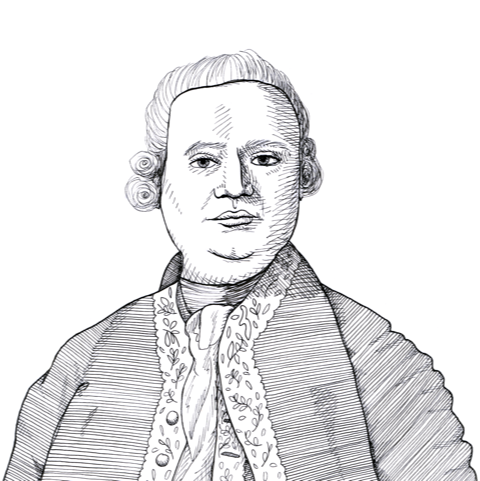
David Hume on how the prosperity of one’s neighbors increases one’s own prosperity (1777)
Found in: Essays Moral, Political, Literary (LF ed.)
The Scottish philosopher David Hume (1711-1776) argued that one should not be jealous of the prosperity of one’s neighbors as this provides them with the means to trade with you to mutual benefit:
Free Trade
Having endeavoured to remove one species of ill-founded jealousy, which is so prevalent among commercial nations, it may not be amiss to mention another, which seems equally groundless. Nothing is more usual, among states which have made some advances in commerce, than to look on the progress of their neighbours with a suspicious eye, to consider all trading states as their rivals, and to suppose that it is impossible for any of them to flourish, but at their expence. In opposition to this narrow and malignant opinion, I will venture to assert, that the encrease of riches and commerce in any one nation, instead of hurting, commonly promotes the riches and commerce of all its neighbours; and that a state can scarcely carry its trade and industry very far, where all the surrounding states are buried in ignorance, sloth, and barbarism.